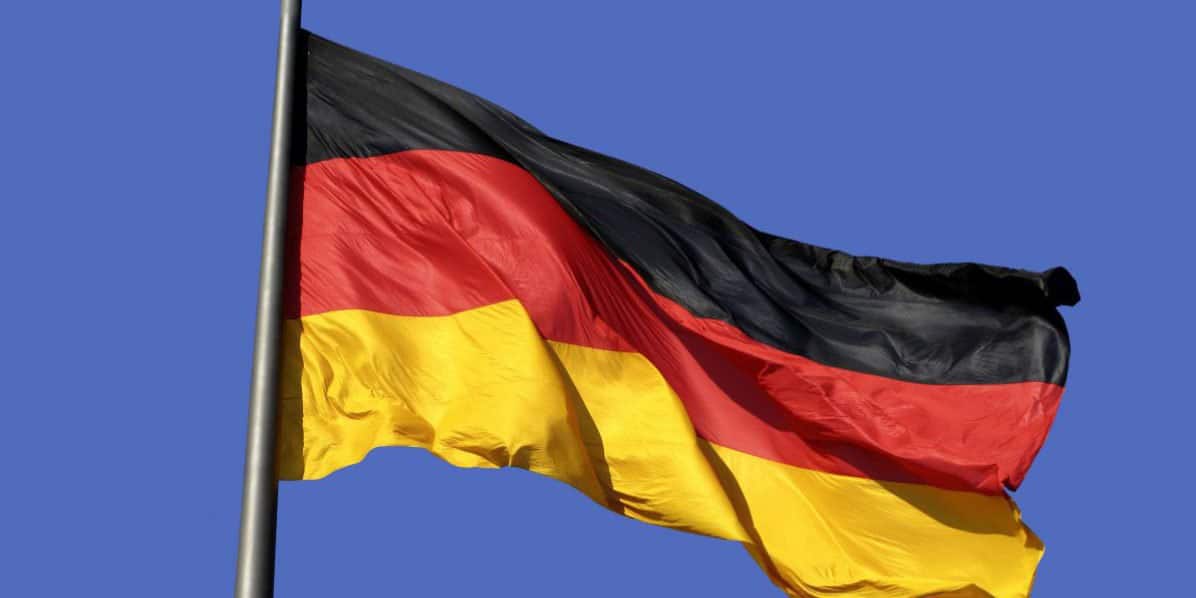German gaming machine expresses support for State Treaty on Gambling

Germany’s leading gaming machine manufacturer and operator associations have expressed support for the third amended State Treaty on Gambling, but called for future regulations to go further by legalising online slots.
The Automatenverband Niedersachen eV (AVN), Verband der Automatenkaufleute Berlin und Ostdeutschland (AV), Fachverband Spielhallen (FSH) and Bundesverband Automatenunternehmer (BA) stated that they welcomed the State Treaty, as it would “break the deadlock” and see online sports betting licences finally awarded.
However, the quartet added that this was “only the first step towards re-regulating the market”. State Minister-Presidents have agreed to implement the Treaty for a short time, to 30 June 2021, where they will finally award sports betting licences. Attempts to limit the market to 20 licensees were derailed by legal challenges, until the regulations were amended in order to remove licence cap in March this year.
The new regulator framework must ensure that players were channelled away from illegal offerings as a way to avoid jobs and tax revenue being lost to offshore providers, and to also ensure a high level of youth and player protections, said by the associations.
The associations added: “Therefore, the associations are in favour of applying the regulatory approach adopted for sports betting to commercial slots.
“They argued that by applying a qualitative approach to online casino licences, lawmakers could ensure that players were attracted to legal offerings, and away from unlicensed sites.”
Heinz Basse, chairman of the AVN added: “The State Treaty on Gaming points in the right direction.
“But lawmakers must be careful not to repeat old mistakes. Effective regulation must be based on the quality of the companies [in the market], as high quality companies ensure effective player and youth protection.”
BA president, and AV chair, Thomas Breitkopft added that qualitative, rather than quantative, regulations were the future, “Only a reasonable legal framework can ensure efficiency and consumer protection,” he said.
In August, the European Commission were seen to critique the treaty, where they warned that it offered little incentive for operations to secure licences though lawmakers have also claimed that this will not prompt any changes to the legislation.
Analysts have suggested that the restrictive framework, in which sports betting is the only product which has been permitted, but with no in-play wagering being allowed, and a €1,000 monthly spending limit imposed on players, it could see licensees’ German revenue slashed.






